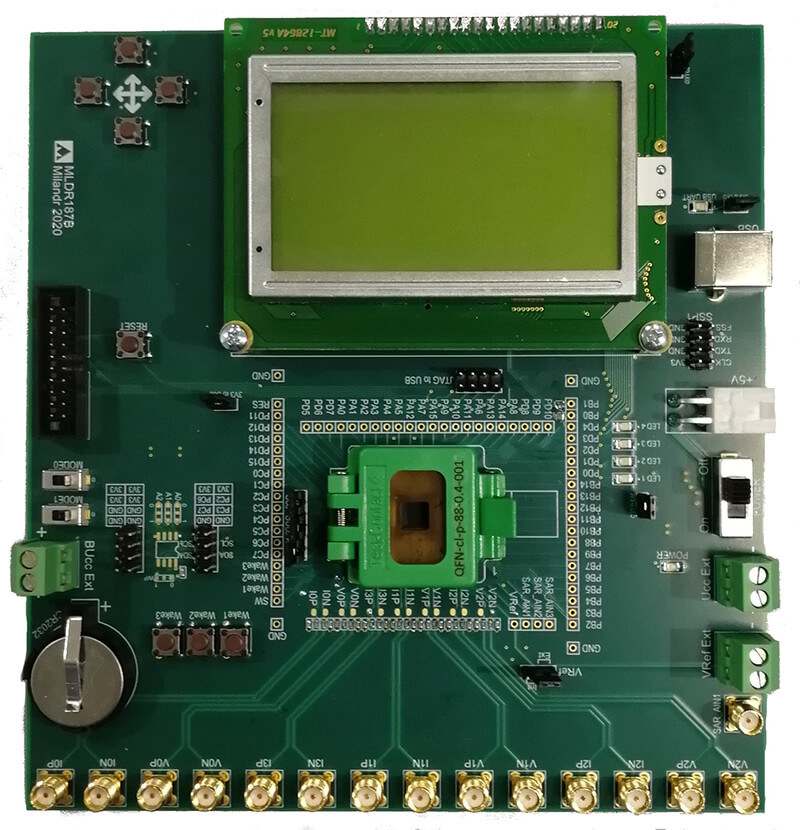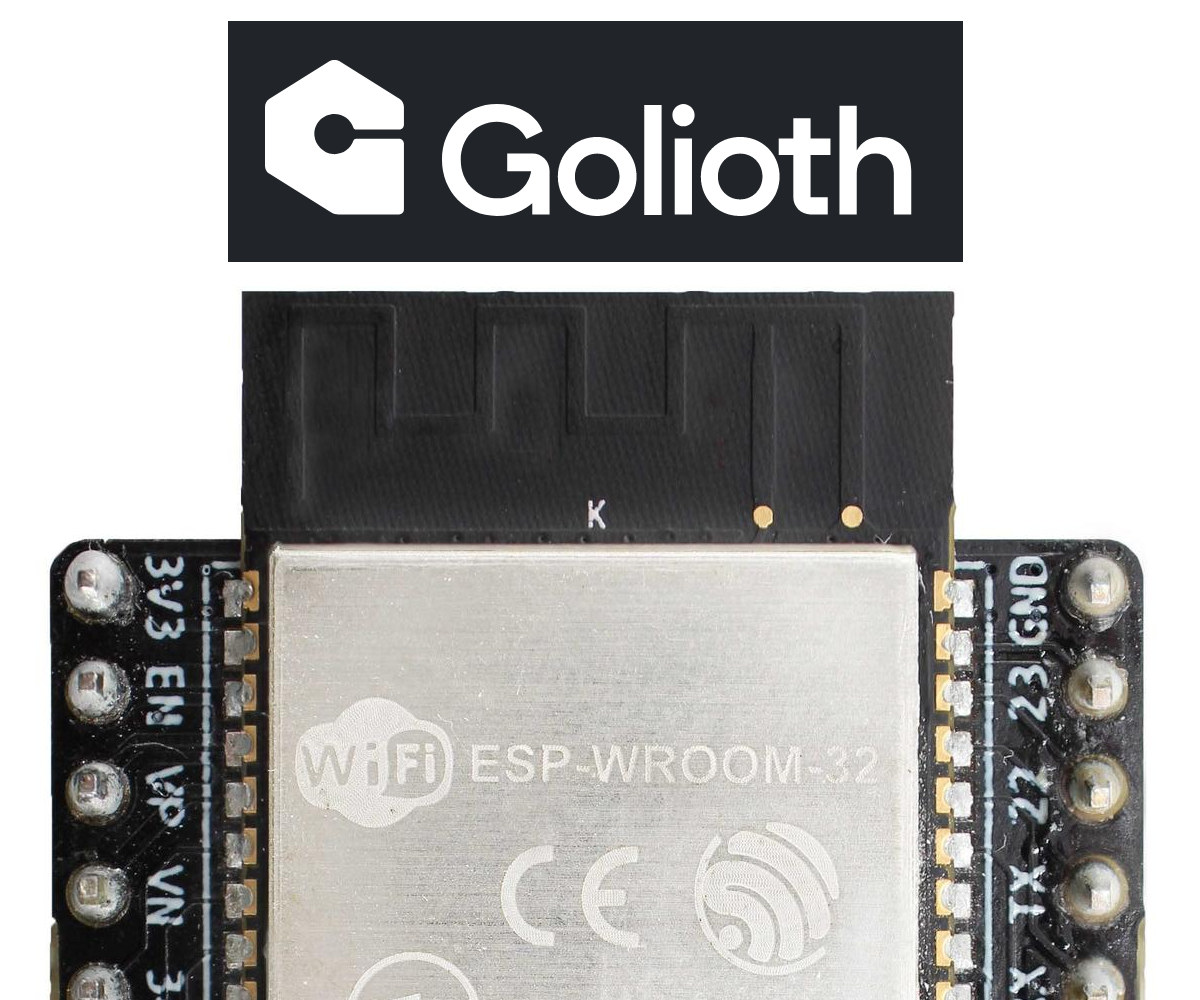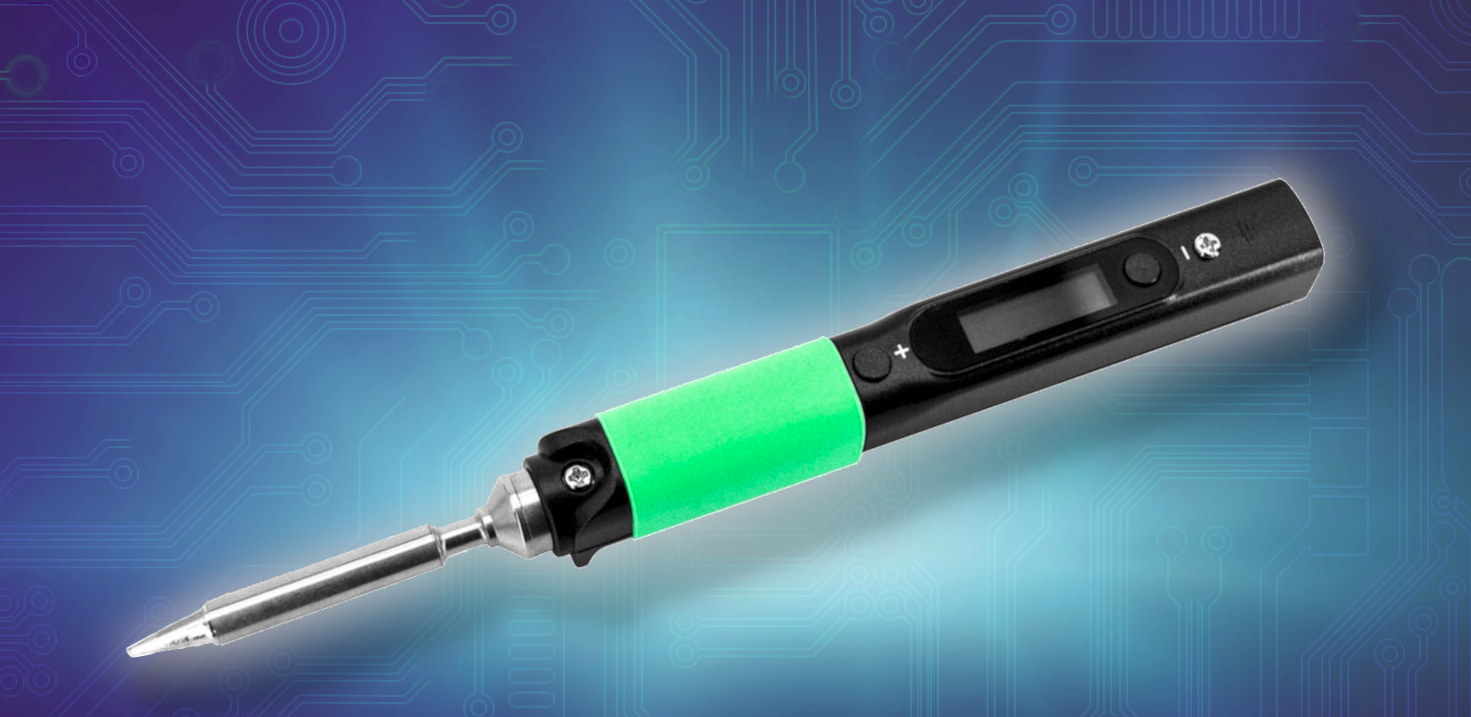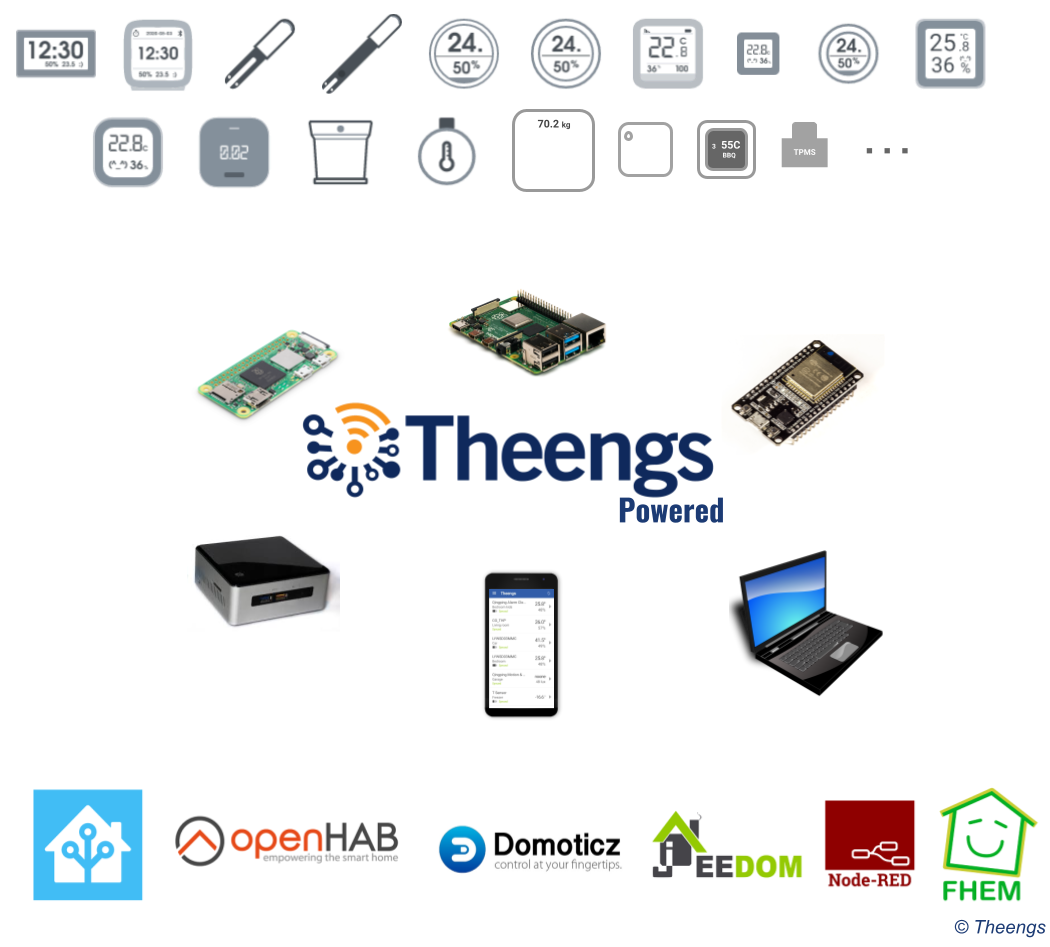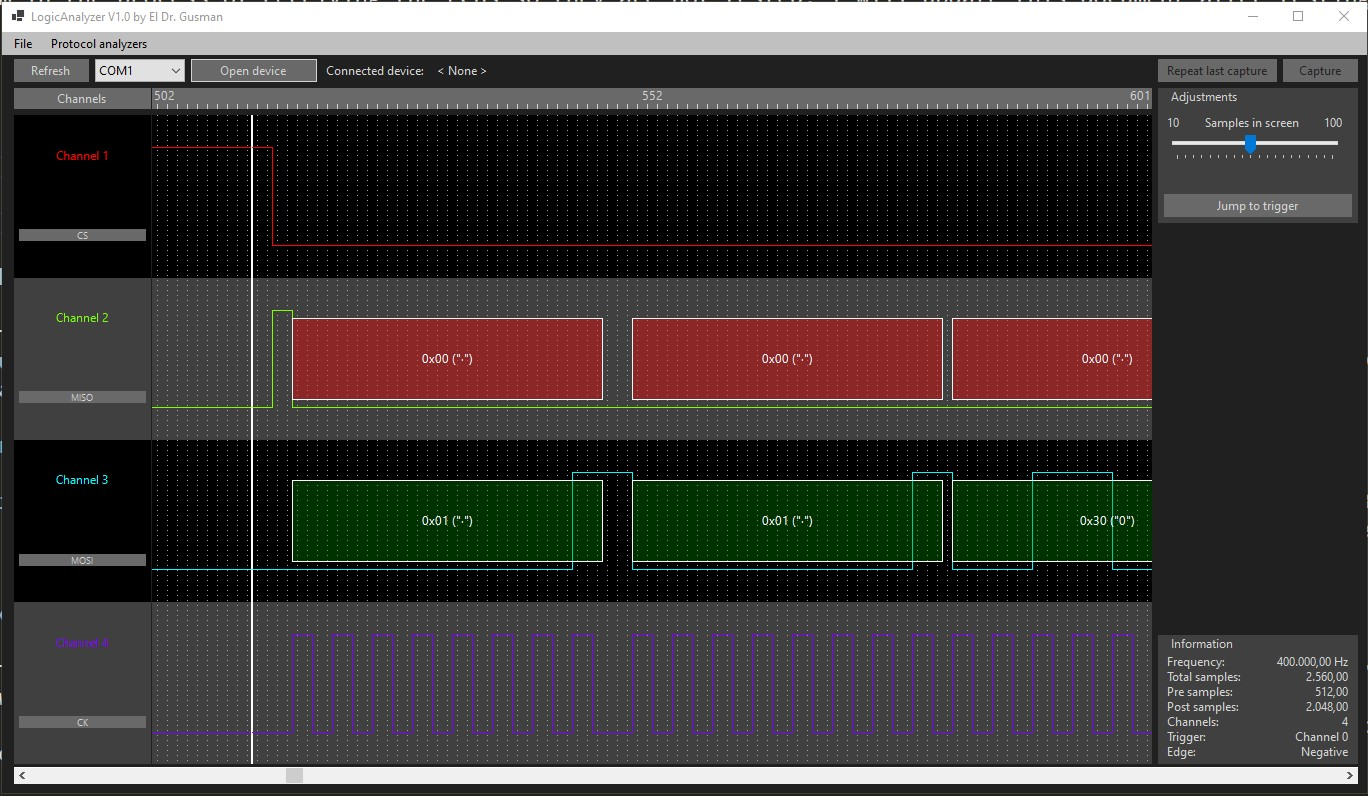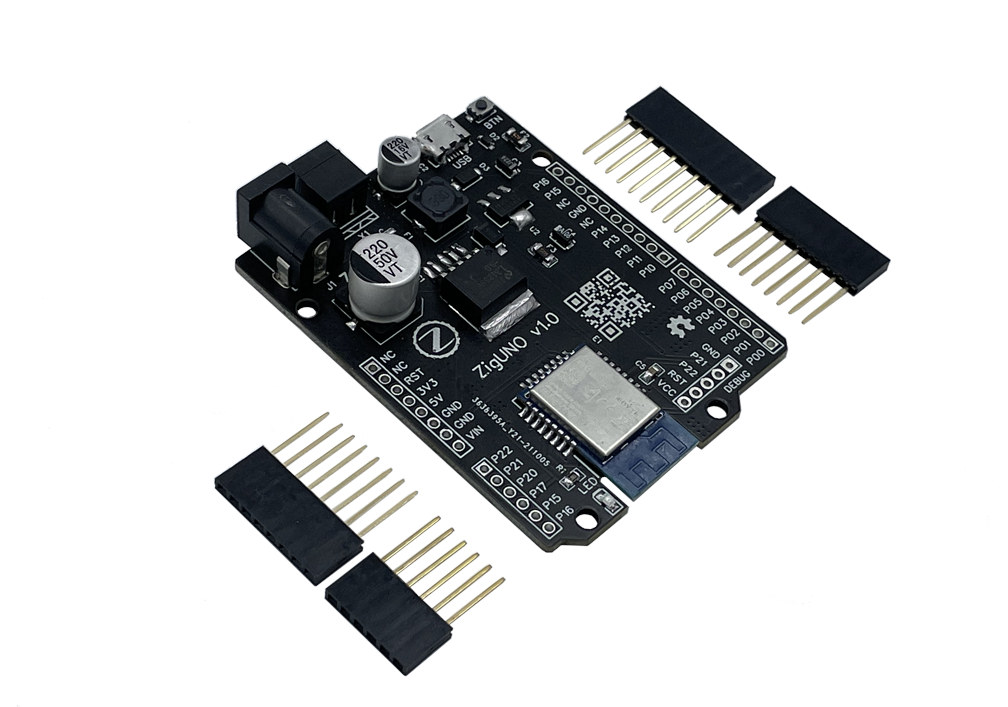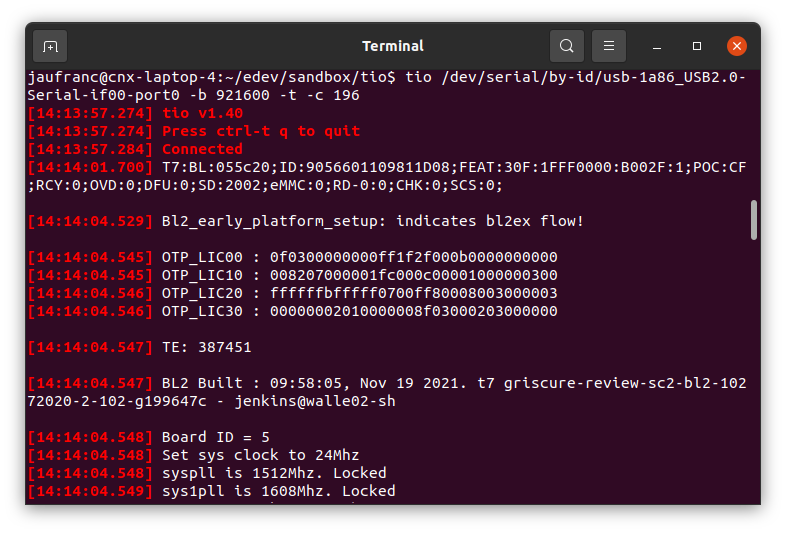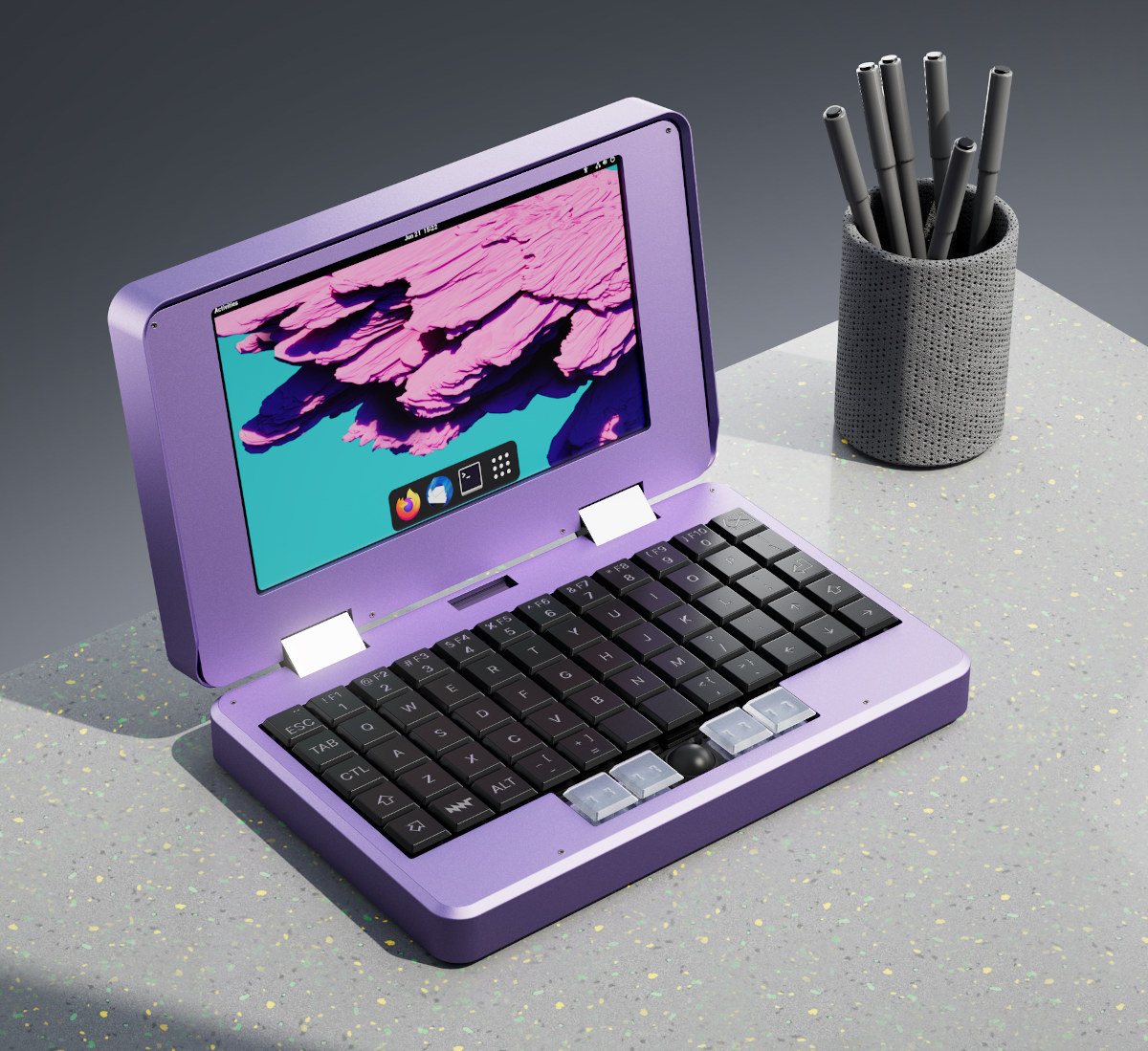Last year, we wrote about the Made-in-Russia Mikron MIK32 RISC-V microcontroller with features similar to STM32L0 Arm Cortex-M0+, and I was recently told that the first fully packed samples are expected for the end of autumn. But it turns out there’s another Russian company that makes RISC-V microcontrollers, and for instance, the Milandr MDR32F02FI features the open-source BM-310 RISC-V MCU core and is specially designed for electricity meters. It is the second generation of the microcontroller with the first being based on Arm Cortex-M0 core and produced for over 5 years. Milandr MDR32F02FI specifications: CPU – CloudBEAR BМ-310S 32-bit RISC-V core @ 60 MHz Memory – 112KB Storage – 256+8 KB flash, 16KB OTP Electricity meter function 7-channel 24-bit sigma-delta ADC Hardware unit for calculating power consumption Other Peripherals 5x UART, 3x SPI, 1x I2C Up to 55x GPIOs Instrumental ADC – 10-bit with temperature sensor 4x 32-bit timer blocks […]
Golioth ESP-IDF SDK connects ESP32 boards to the Golioth Cloud
Golioth have released an open-source “ESP-IDF SDK” to let ESP32 hardware connect to their Golioth Cloud, extending existing support from the existing Zephyr SDK. We previously covered the Golioth IoT development platform with a Zephyr SDK supporting nRF9160 and ESP32-C3 (officially), as well as over 100 other platforms, that aims to make it easier for hardware developers to connect things to the internet without needing to know how to use AWS IoT, Azure IoT, or the other cloud services. While in theory, it would be possible to keep using the Zephyr SDK on ESP32 hardware, the ESP-IDF framework is the main tool of Espressif Systems, and they will release new code to that ecosystem first. So even though Espressif Systems have another team that is bringing many of the same features to Zephyr, the changes will be implemented in the ESP-ID framework first. The Golioth ESP-IDF SDK will be able […]
Pinecil V2 soldering iron gets BL706 Bluetooth LE RISC-V MCU, USB PD EPR support
PINE64 is about to launch the second generation Pinecil RISC-V soldering iron with the Pinecil V2 featuring a new Bouffalo Lab BL706 RISC-V microcontroller with Bluetooth LE connectivity, optimizations for higher power levels, as well as tentative support for the new USB PD EPR standard (Extended Power Range) working at up to 28V. I don’t solder every day, but when I do, I use my Pinecil soldering iron, as it’s heating super fast and does the job, and in my case, works quite better than the TS100 soldering iron. So it should come as no surprise that the Pincel is the most popular consumer hardware from the PINE64 community (after SOPine modules), and the new Pinecil V2 is a welcome upgrading building on the same design but with Bluetooth LE connectivity and a lower tip resistance. Pinecil V2 preliminary specifications: MCU – Bouffalo Lab BL706 32-bit RISC-V microcontroller @ 144 […]
Theengs open-source tools to decode BLE sensors work on ESP32, Raspberry Pi, Android phone, etc…
Theengs is a manufacturer agnostic open-source set of tools to decode BLE sensors and integrate those into smart home and IoT solutions such as Home Assistant with notably support for autodiscovery to automatically create the sensor. Theengs can be installed on various hardware from ESP32 to an Android phone or a Raspberry Pi SBC, and the solution currently supports close to forty BLE sensors from various companies including Xiaomi, Honeywell, and RuuviTag. There are six components: The Theengs Decoder library developed in C++ for portability and translating data from sensors into human-readable data using the JSON format. The Python-based Theengs Gateway acting as a BLE to MQTT bridge for Home Assistant, OpenHAB, and NodeRED integration. It relies on the Theengs Decoder library and publishes the sensors broadcasted BLE information to an MQTT broker. The OpenMQTTGateway is also BLE to MQTT bridge, but instead of targetting Linux-capable hardware like Raspberry […]
Using Raspberry Pi Pico as a logic analyzer
MCU boards, including the $1.5 BluePill board, have been used as cheap logic analyzers for years, notably with Sigrok open-source software. So it should come as no surprise the $4 Raspberry Pi Pico board can also be used as a logic analyzer, with one developer claiming it can deliver 100 Msps, or the performance obtained with a 1.6 GHz CPU, thanks to the PIOs from the Raspberry Pi RP2040. Hackaday reported about a Sigrok driver for the Pico last March, but the topic was brought to our attention via a post on Hackster.io about an open-source Windows program developed from scratch to transform the Raspberry Pi Pico board into a logic analyzer capable of 100 Msps. Agustín Gimenez Bernad (aka gusmanb)’s LogicAnalyzer program offers up to 24 digital channels, pre, and post-trigger sampling, edge trigger and pattern trigger up to 16 bits. It can work with the Raspberry Pi Pico […]
ZigUNO – An Arduino UNO-sized Zigbee board that works with PTVO firmware
ZigUNO Zigbee development board comes with an Ebyte E18-MS1 module equipped with Texas Instruments SimpleLink CC2530 8051 Zigbee microcontroller and follows Arduino UNO form for Arduino Shield compatibility. The board works with PTVO Zigbee firmware that comes with a graphical configuration tool to select the Zigbee chip used (CC2530), configure I/O behavior (input/output, pull-up, etc…), and more. The developers also suggest using DIYRuZ projects as examples to get started. ZigUNO board specifications: Zigbee module – Ebyte E18-MS1-PCB module with TI SimpleLink CC2530 8051 microcontroller with Zigbee 3.0 (and IEEE 802.15.4) connectivity, 256kB Flash and 8kB RAM, PCB antenna Expansion – Arduino UNO headers (3.3V only, not 5V tolerant) Power Supply – 5V up to 1.5A via 5.5/2.1mm DC jack, 2-pin terminal block, or micro USB port Dimensions – 82x54x13 (Arduino UNO form factor) Temperature Range – 0 to 50°C You’ll find the hardware design files including EasyEDA PDF schematics, BoM, […]
tio is a serial device I/O tool for Linux targeted at embedded developers
There are already several serial terminal programs such as Putty and minicom, and in recent times, I’ve been using Bootterm myself. But that does not mean there isn’t room for more and Martin Lund has developed tio serial device I/O tool for Linux. Martin found out many of the existing tools are very modem focused or a bit cumbersome to use, so he developed tio as the simpler alternative which puts less focus on classic terminal/modem features and more focus on the needs of embedded developers and hackers.
MNT Pocket Reform 7-inch modular mini laptop takes a range of Arm (and FPGA) modules
MNT Pocket Reform is an open-source hardware mini laptop with a 7-inch Full HD display, an ortholinear mechanical keyboard, and trackball, that follows the path of its older and bigger sibling: the MNT Reform 2 laptop initially launched with an NXP i.MX 8M quad-core Arm Cortex-A53 module. The new laptop will not only support a similar “NXP i.MX 8M Plus” module but also a range of other Arm modules namely an NXP Layerscape LS1028A module with up to 16GB RAM, the Raspberry Pi CM4 module via an adapter, Pine64 SOQuartz (RK3566, up to 8GB RAM), as well as based on AMD Xilinx Kintex-7 FPGA for industrial use. MNT Pocket Reform specifications: Available system-on-modules Standard: NXP i.MX 8M Plus quad-core Arm Cortex-A53 @ 1.8GHz with 4 or 8 GB DDR4, Vivante GC7000UL GPU, 2.3 TOPS NPU NXP Layerscape LS1028A dual-core Arm Cortex-A72 with 8 or 16GB DDR4, Vivante GC7000UL GPU Raspberry […]


